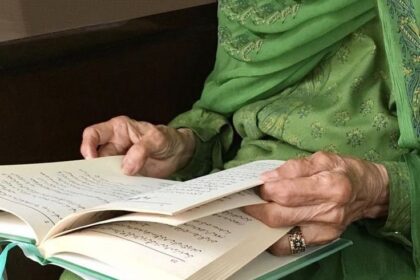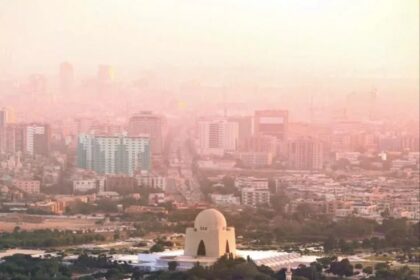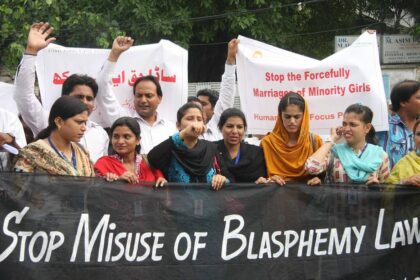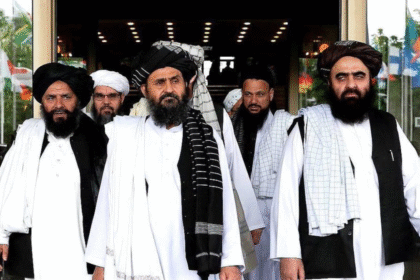The inclusion of Urdu literature and the literatures of other regional languages in Pakistan is highly dependent on their translation into the English language. The works that are translated into foreign languages gain more visibility and wider readership than the untranslated works, whose popularity does not go beyond the national and provincial literary circles. This means that translation is a politically relevant process as an instrument of power. Language acts as a category of power within literary circles. Authors who write in English or have their works translated into it are privileged to receive international recognition. This advantage frequently depends on caste, class, and gender in Pakistan. Thus, it can be said that translation is not a solitary activity; rather, it is greatly impacted by the political, ideological, and historical organizations that selectively highlight stories deemed important enough to be shared.
The history of translation in South Asia is characterized by a power imbalance between Urdu and English. During the colonial period, English served as the language of power and determined the translation practices of that time. The works that were translated from English to Urdu greatly outnumbered the works that were translated from Urdu to English. Those works which were selected for translation from Urdu to English were simplified, annotated, or rewritten during translation to make them suitable for the Western audience. This way, those works lost their cultural specificity and regional nuances. An example is Ismat Chughtai’s short story Chauthi Ka Jorra, which was translated as The Wedding Shroud in English. The translation is critiqued for Anglicizing the source text, obliterating the literary distinctiveness and cultural recognition of the original story. [1]
The dominance of the English language in global literature creates a “crisis of representation” for the writers in Pakistan who write in Urdu or regional languages like Punjabi, Sindhi, Pashto, Balochi, or Seraiki. English is an elite language in Pakistan, giving access to power, education, and representation. The writers of regional languages are doubly marginalized; first within Pakistan, where Urdu dominates the literary landscape, and second in global forums that favor the English language. Even though these languages are older than Urdu, writers and poets in these languages do not get proper representation even within the country. At the global level, the selection of works to be translated into English favors the writers who belong to the English-speaking urban elite or are in the social proximity of this class. Consequently, the global perception of “Pakistani literature” is based only on the works written by English authors who may not have lived in Pakistan or may have a Pakistani origin.
Translation into English is a hard condition for any literary tradition to gain global recognition. Qurratulain Hyder, one of the greatest Urdu writers of the 20th century, translated her major works into English. The fact that she had to translate her works into English herself exemplifies the neglect of external translators and publishers regarding her works. Classical Urdu poets like Mir Taqi Mir and Asadullah Khan Ghalib gained international prominence relatively late, only after their works were translated into English, despite the fact that Iqbal’s writings were translated during his lifetime due to his Western education and exposure to Western discourse. Likewise, although if they are the forerunners of novel literary forms and styles in their own languages, many poets who write in regional languages do not receive much attention. Tajammul Kaleem, regarded as the pioneer of modern ghazal in Punjabi, remains virtually unknown provincially, nationally and worldwide. Literature in regional languages is undermined owing to the lack of representation in the urban-elite.
Gender is also a deeply political aspect of translation and recognition. In traditional poet circles – Mushaira – female voices and opinions are met with condescending remarks and mockery, even after an increase in their numbers in these gatherings.
To conclude, the politics of translation shows that global visibility not only depends upon literary merit but also on factors like class, gender, and language. Choices about who gets translated are connected to colonial history, systems of linguistic dominance, and class conflicts. Translation should be a bridge, not an instrument of power in literary circles.
















